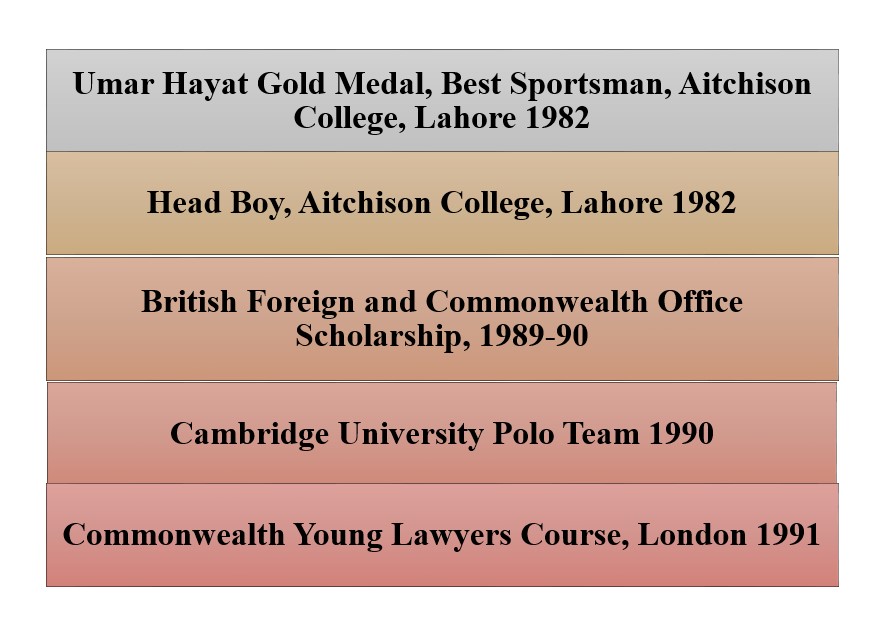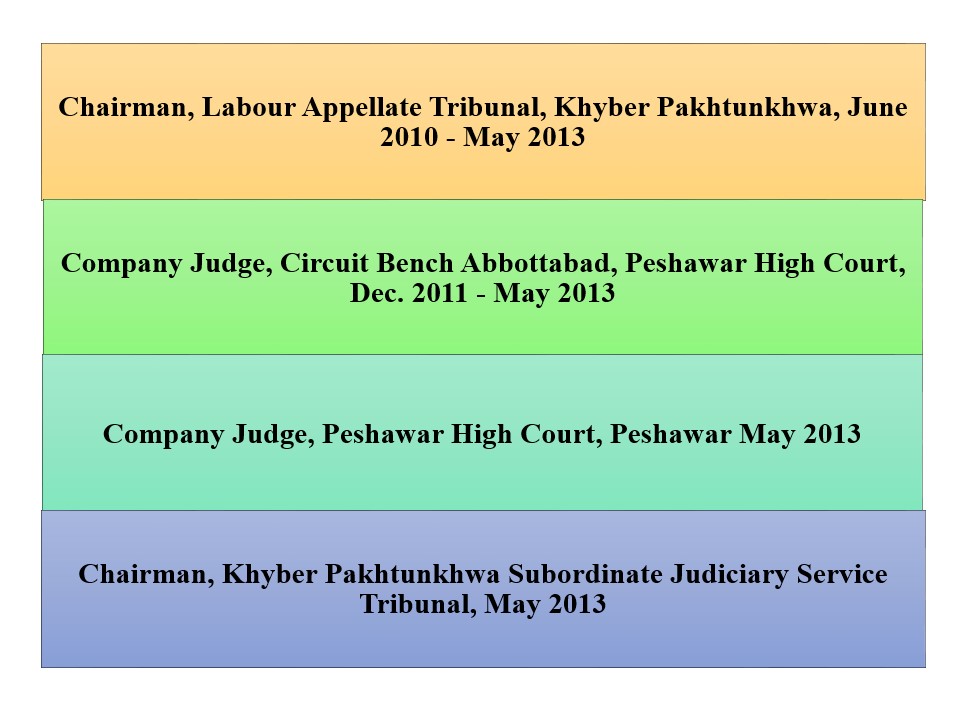Yahya Afridi is a prominent name that has made noteworthy contributions to the judiciary at the provincial and federal levels.
He has been a justice of the Supreme Court of Pakistan since 28 June 2018. After the retirement of Justice Qazi Faez Isa, Yahya Afridi was appointed as the 30th Chief Justice of Pakistan.
His rise is the outcome of decades of hard work, dedication to justice, and a deep commitment to upholding the rule of law.
However, Yayha Afridi’s journey to becoming the chief justice is a path of resilience, intellectual abilities, and a strong quest for justice.
Here we discuss his life achievements and challenges.
Academic Background
| Education | Institution | Details |
| Early Education | Aitchison College Lahore | Prestigious Institution |
| Bachelor’s Degree | Government College Lahore | Graduated from Famous institute |
| Master’s Degree in Economics | University of Punjab Lahore | Completed a Master’s degree in Economics |
| LL.M( Commonwealth Scholarship) | Jesus College, Cambridge University | Developed a deep understanding of the international legal system |
Academic Awards
Yahya Afridi achieved awards during his educational career such as:

Legal Career
Justice Yahya Afridi started his legal career as a young advocate in the Peshawar High Court and practiced under the guidance of the most renowned lawyers in the country.
Due to its analytical skills, fluency in the courtroom, and a keen sense of justice, he gained a reputation.
His initial focus was on civil rights and constitutional matters as well as emphasis on human rights cases.
Moreover, his dedication to the marginalized and oppressed segments of society differentiates him from many of his peers.
After dedication and professionalism, he moved forward to the Supreme Court of Pakistan in 2004 as a lawyer and started practice.
Throughout his career, Justice Afridi took on various roles, such as Assistant Advocate General for Khyber Pakhtunkhwa.
He is recognized as a competent and dedicated lawyer with his extensive experience.
Path to Judicial Leadership
Yayha Afridi started his path to the judiciary in 2010 as an additional judge of the Peshawar High Court.
His judgments were often cited for their clarity, depth, and fairness.
However, he earned the respect of both his peers and the public.
Moreover, as a judge, he resolved many complex legal issues with precision and foresight.
He was particularly vocal on matters regarding women’s rights, children, and minority communities.
One of the most significant contributions of Yahya Afridi as a judge was his stance on judicial independence.
He has strongly believed that” A judiciary that operates independently of politics is essential for the survival of democracy”.
That’s why he made attempts to challenge the independence of the courts throughout his career.
His dedication to the judiciary and his ability to handle complex legal matters were recognized, and by 15 March 2012, he was made a permanent judge of the court.
Challenged Face During his Tenure
As his career progressed, Justice Yahya Afridi was appointed as chief justice of the Peshawar High Court on December 30, 2016.
He handled many high-profile cases during his time and gained considerable regard for his dedication to justice.
Moreover, he began his services at the nation’s highest judicial level on June 28, 2018, when he was promoted to the Supreme Court of Pakistan.
As a member of the higher judiciary, Justice Afridi has been involved in a number of important cases.
Particularly, he was a member of the broader bench that considered the Sunni Ittehad Council reserved seat case.
Another well-known case is Justice Yahya Afridi was a member of the nine-member bigger bench that considered the presidential reference against former prime minister Zulfikar Ali Bhutto.
Moreover, he showed his calm and moral approach to his work as a judge in 2024 by refusing to serve on the three-member judges’ committee.
This committee was formed to review the Supreme Court Practice and Procedure Ordinance.
Specialized Courts/Tribunals Presided

Training and Conferences

Vision for Pakistan Judiciary
Justice Afridi has been a consistent advocate for judicial independence throughout his career.
As a Chief justice, the vision of Yahya Afridi is clear that is:

A system that is independent, efficient, and accessible
to all citizens, regardless of their socio-economic status

He struggled to thrive in Pakistan as a democracy and the judiciary must play a great role in upholding the rule of law and protecting the citizens’ rights.
Furthermore, His priority as a Chief justice is addressing the issue of judicial delays.
To improve this issue, he spoke extensively about the need for reforms that would streamline the judicial process.
He also emphasized to reduce the backlog of cases and make sure that justice is delivered in a timely manner.
He was a petitioner against the imposition of the 3 November 2007 emergency.
This was imposed by then-president Pervez Musharraf when the judiciary was suspended, and many judges were placed under house arrest.
Conclusion
The path of Yahya Afridi to becoming Pakistan Chief Justice is very challenging but with his dedication and clear vision, he understands the challenges and always prioritizes the interests of justice.
His broad experience both as a lawyer and judge positions him as a capable candidate to take on the role of chief justice.
So, his involvement in Pakistan’s most significant legal decisions and legacy is a key figure in Pakistan’s judiciary.



